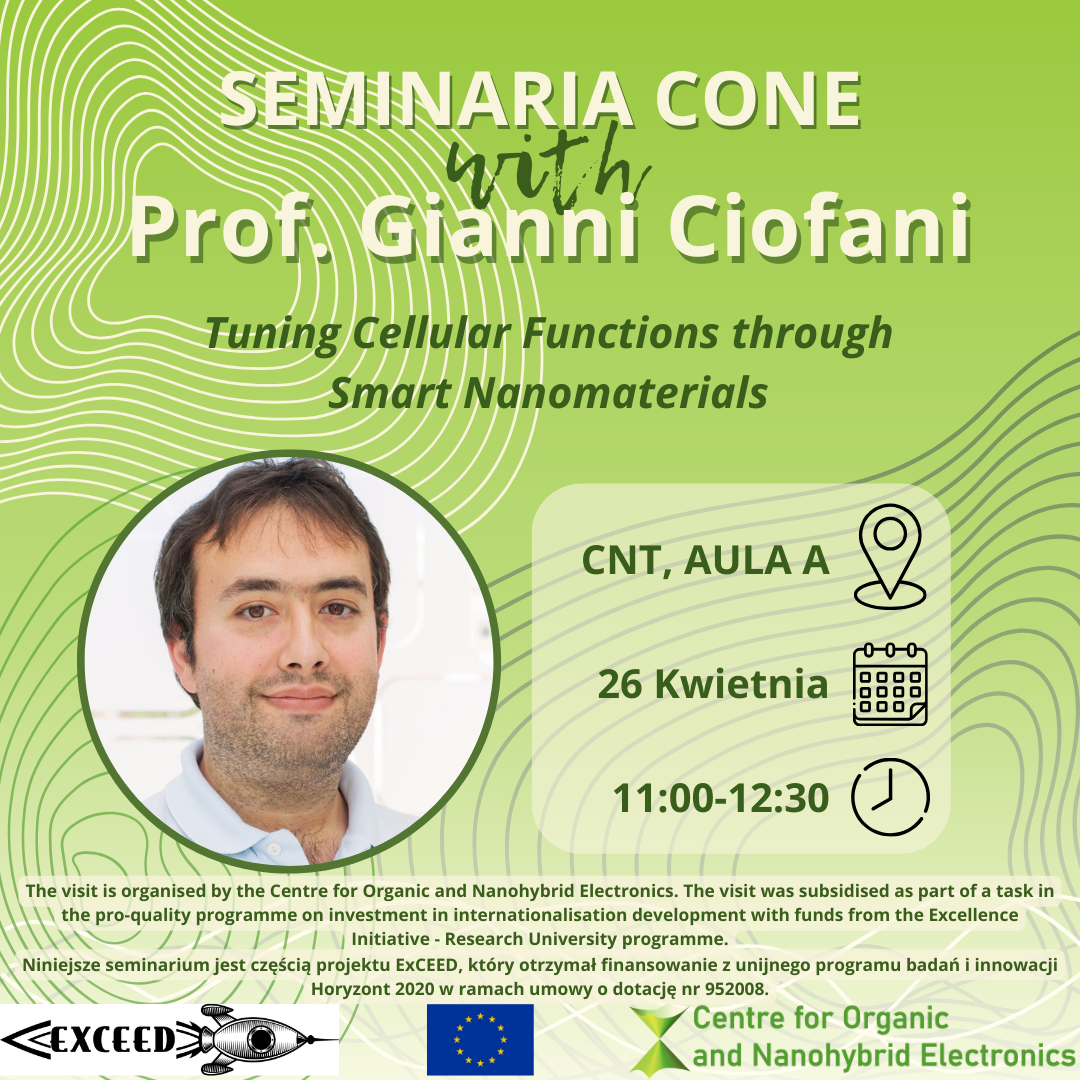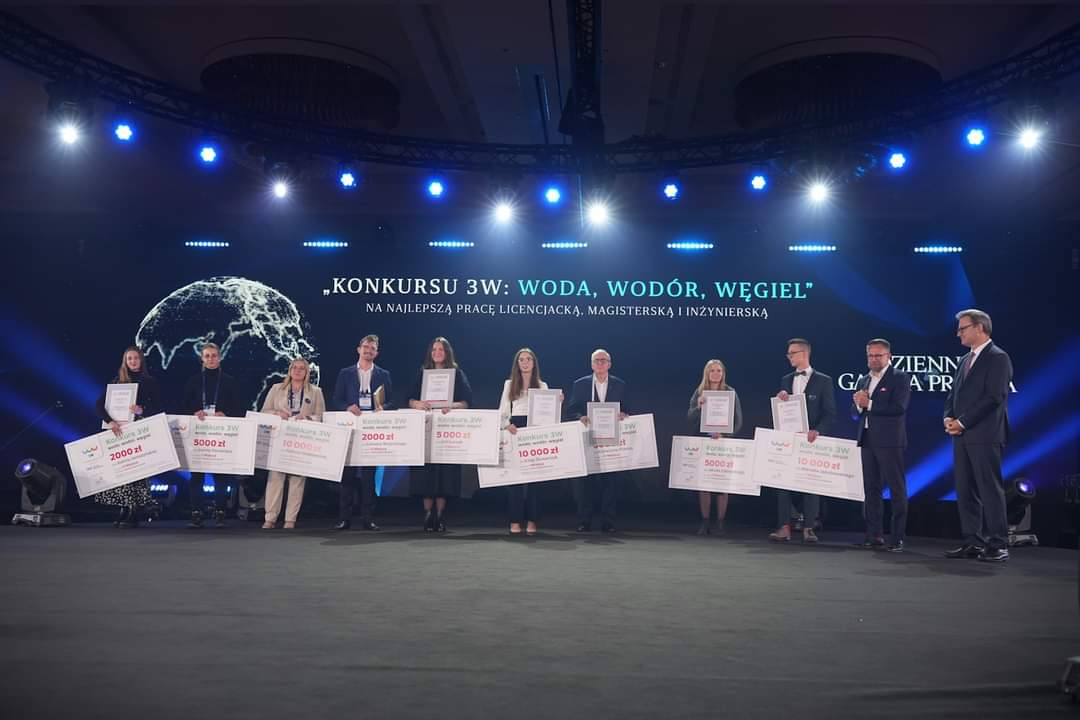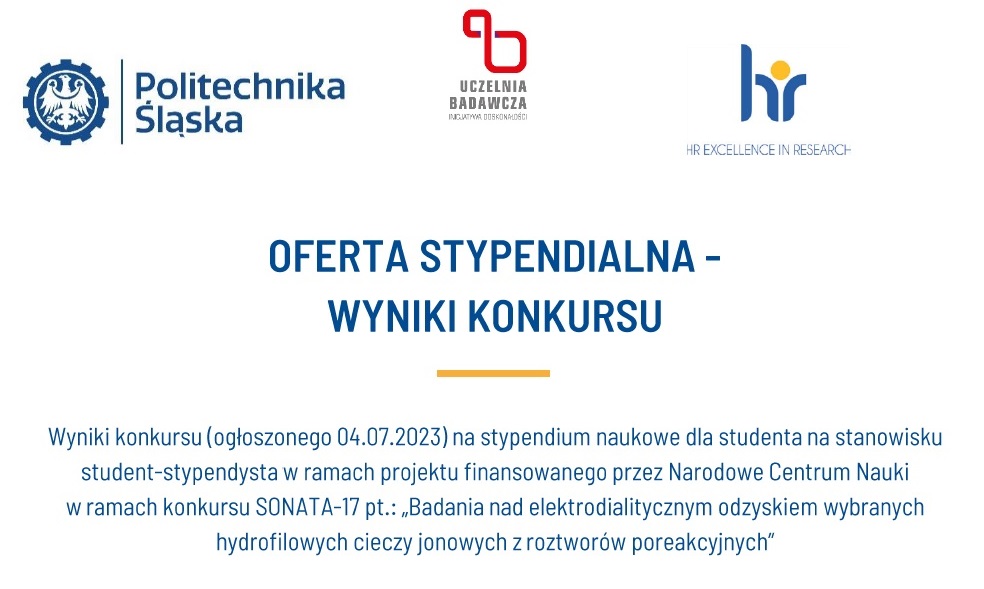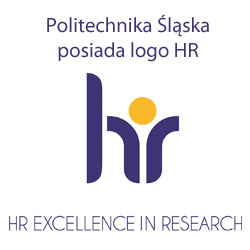Start - Aktualnosci

Poszukiwani studenci studiów doktoranckich
Adam Mickiewicz University, Poznań, Poland is the major academic institution in Greater Poland (Wielkopolska region) and one of the top Polish universities. Its 100-year old reputation is founded on long tradition of higher education in the City of Poznań and the outstanding current achievements of its staff, students and graduates. The NanoBioMedical Centre (NBMC) (http://cnbm.amu.edu.pl/en) is an organizational unit of Adam Mickiewicz University in Poznan (Poland), on the status of a scientific unit from 2018, and was established in partnership with Poznan University of Medical Science, Poznan University of Life Sciences and Poznan University of Technology in 2011. NBMC has to offer laboratories with unique research equipment (NMR imaging, NMR, SAXS, WAXS, TEM, SEM, AFM, etc.), cooperation with scientific the staff of over 20 professors from AMU and partner universities and of over 25 professors from foreign partner universities, scientific network of over 40 foreign and national partner research institutes collaborating with NBMC on joint research proposals applications.
The group of Professor Igor Iatsunskyi is looking for PhD candidates. Main research areas of the research group of D.Sc. I. Iatsunskyi from AMU are the development of novel nanostructures using different fabrication techniques (ALD, CVD, PVD, RIE etc.); the investigation of structural, optical and electrical properties of fabricated nanostructures.
Topics:
1. "Tunable multilayered hyperbolic metamaterials based biosensors for cancer biomarker detection". Metamaterials are artificial structures with optical properties that are different from the general properties of traditional nanomaterials (negative refractive index, for example). Hyperbolic metamaterials (HMMs) are one of the new classes of metamaterials. They have rapidly gained a central role in nanophotonics due to their facility on manipulating light in a wide frequency range. Development of novel materials for biosensor application is one of the most significant challenges in nowadays science and technology. Therefore, the proposed project is aimed at developing of novel HHMs with tailored optical properties based on Plasmonic material/Metal oxide multilayered nanostructures (nanolaminates) produced by atomic layer deposition (ALD) for label-free cancer biomarker biosensors. As plasmonic components, instead of noble metals, Al-doped ZnO (AZO) and TiN will be used. The metal oxide components will involve Al2O3 and ZnO nanolayers. The proposed nanocomposites will be used as an optical (refractometric) biosensing platform for specific cancer biomarkers detection (e.g. HMGB1, CD5, CD19). The proposed project is multidisciplinary. It covers the fields of physics, chemistry, material engineering, biomedicine, bio- and nanotechnology. The expected new fundamental results in structure, electronic, and optical properties of multilayered HMMs will be important in the field of material science, allowing the tailoring and control of the multicomponent nanostructures and their properties. The achieved results will make an impact to scientific fields of material science, surface science and optical sensor technologies. They will stimulate development of new composite materials with advanced properties and new optical sensors with high sensitivity and selectivity.
2. "Nanocomposites based on 1D semiconductors modified by MXene and ALD for efficient photoelectrochemical water splitting". The proposed project is a multidisciplinary proposal, based on different research areas related to the application of 1D semiconductor nanostructures modified by MXene and Atomic Layer Deposition (ALD) for solar water splitting. The project is devoted to the tailoring, understanding and application of the nanocomposites for PEC water splitting, via the control of their electrical/optical properties and the understanding of the changes induced by MXene and MXene/Metal oxide coatings on 1D semiconductor surfaces. The main goal of the project is development and investigation of novel nanocomposites based on 1D semiconductor materials (Si nanowires – SiNW, ZnO nanorods – ZnO-NR, and TiO2 nanorods – TiO2-NR) functionalized/modified by MXene (e.g. Ti3C2) and ALD metal oxides - MOx (TiO2, ZnO) layer for solar water splitting. The developed nanocomposites (SiNW/MXene/MOx; ZnO-NR/MXene/MOx and TiO2-NR/MXene/MOx) are expected to demonstrate new fundamental properties (high surface area, enhanced charge carrier separation, stability, increased absorption) which will enhance the PEC efficiency of fabricated photoelectrodes.
Main conditions: 5000 PLN/months, 3-4 months business trips per year; Specialization: physics, chemistry, materials science; Starting date: 01.10.2021; the application submission: 01.09.2021!!!
contacting email: igoyat@amu.edu.pl
Aktualności
Pokaż wszystkie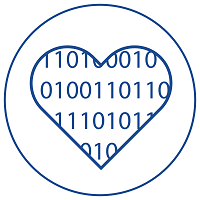

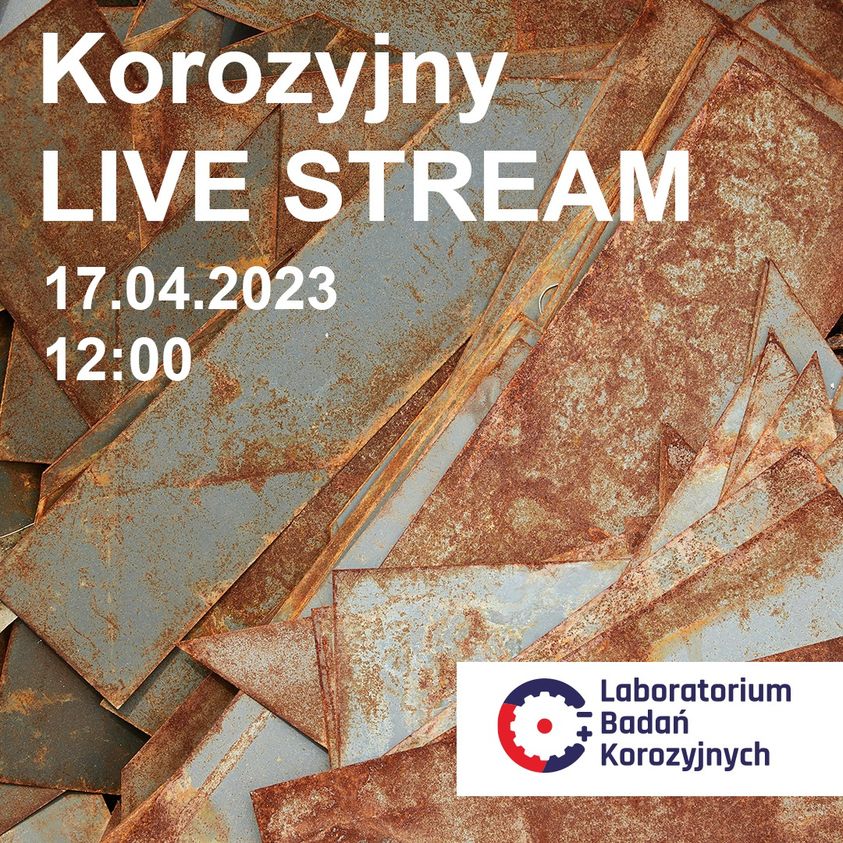
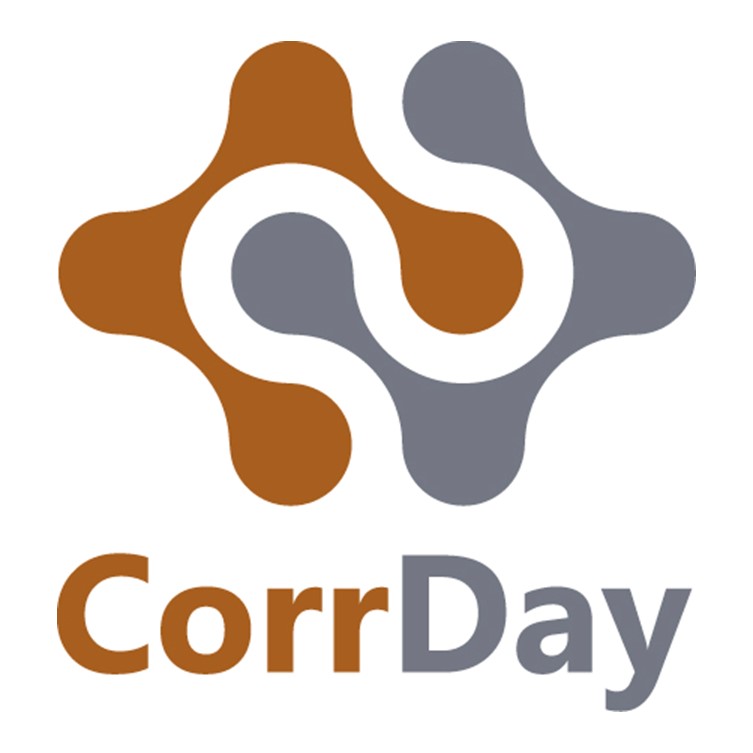
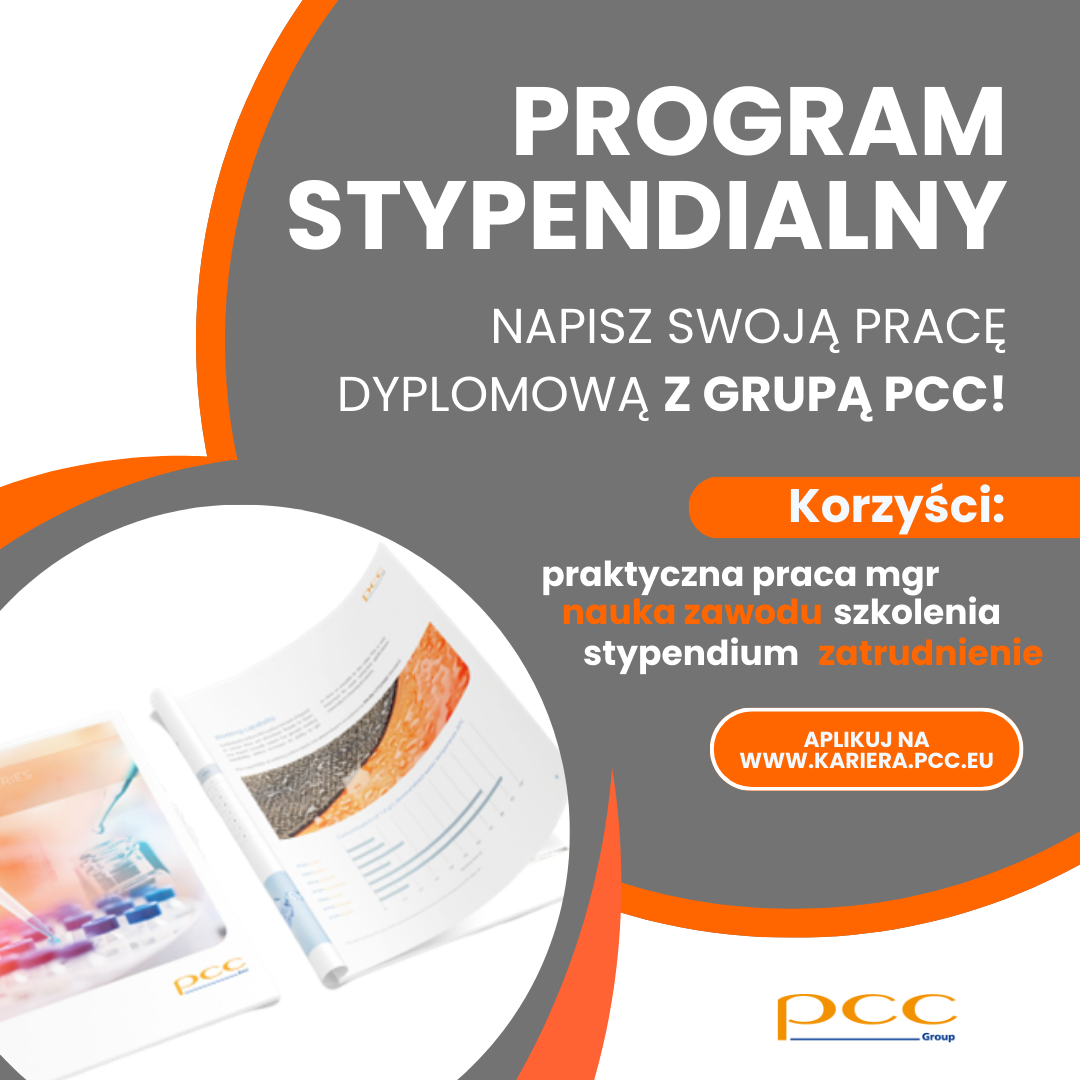


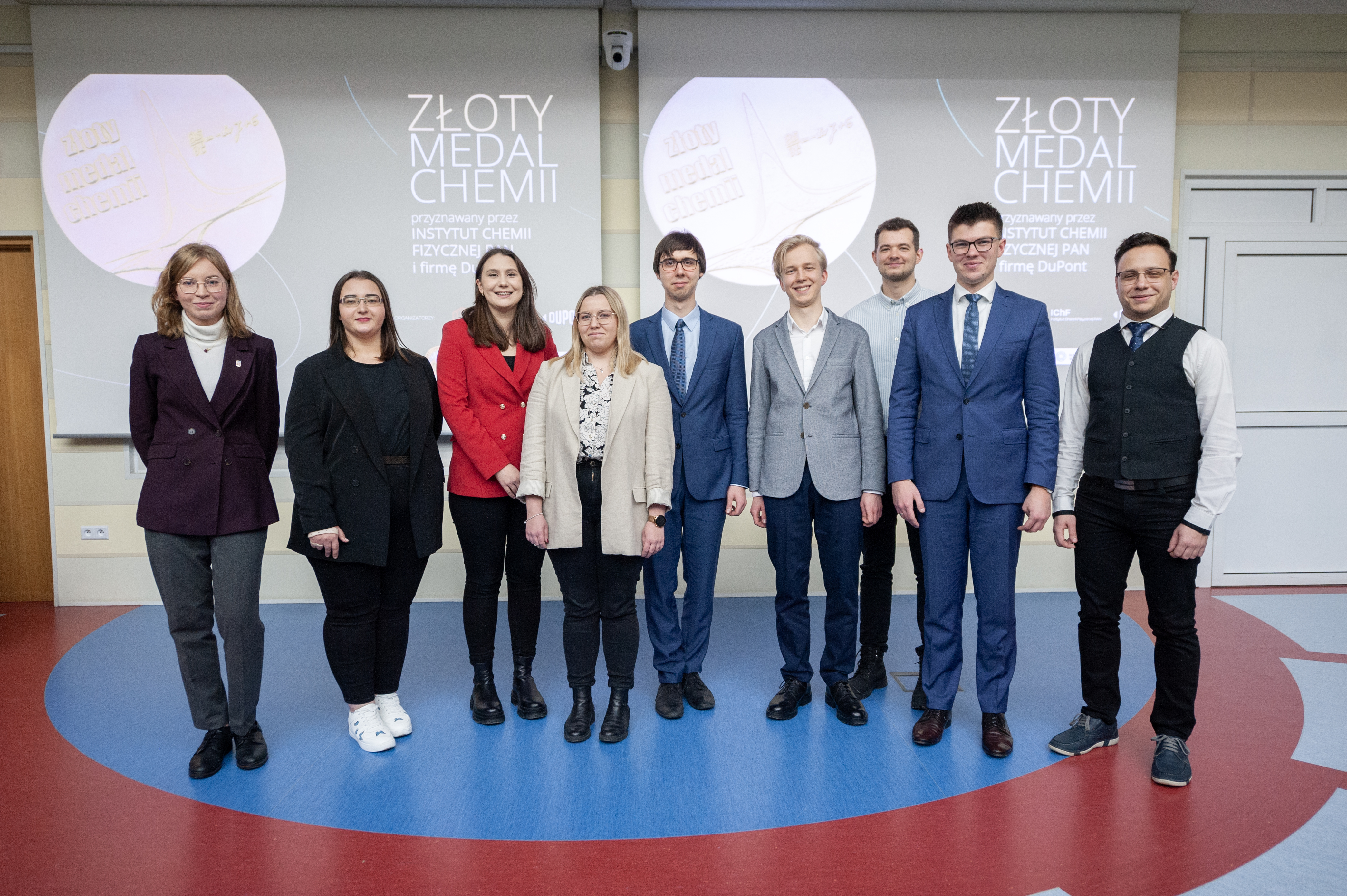


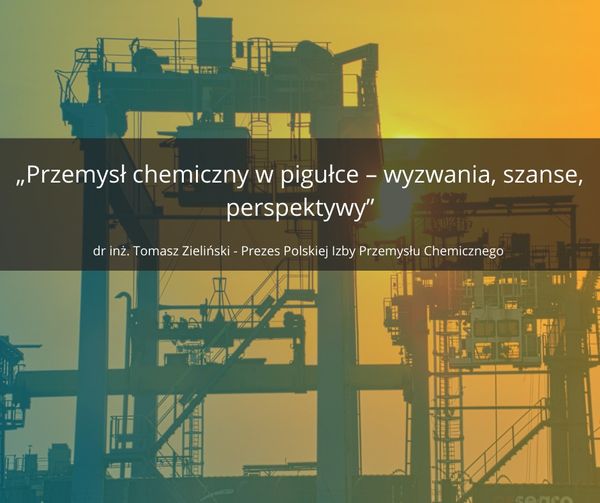


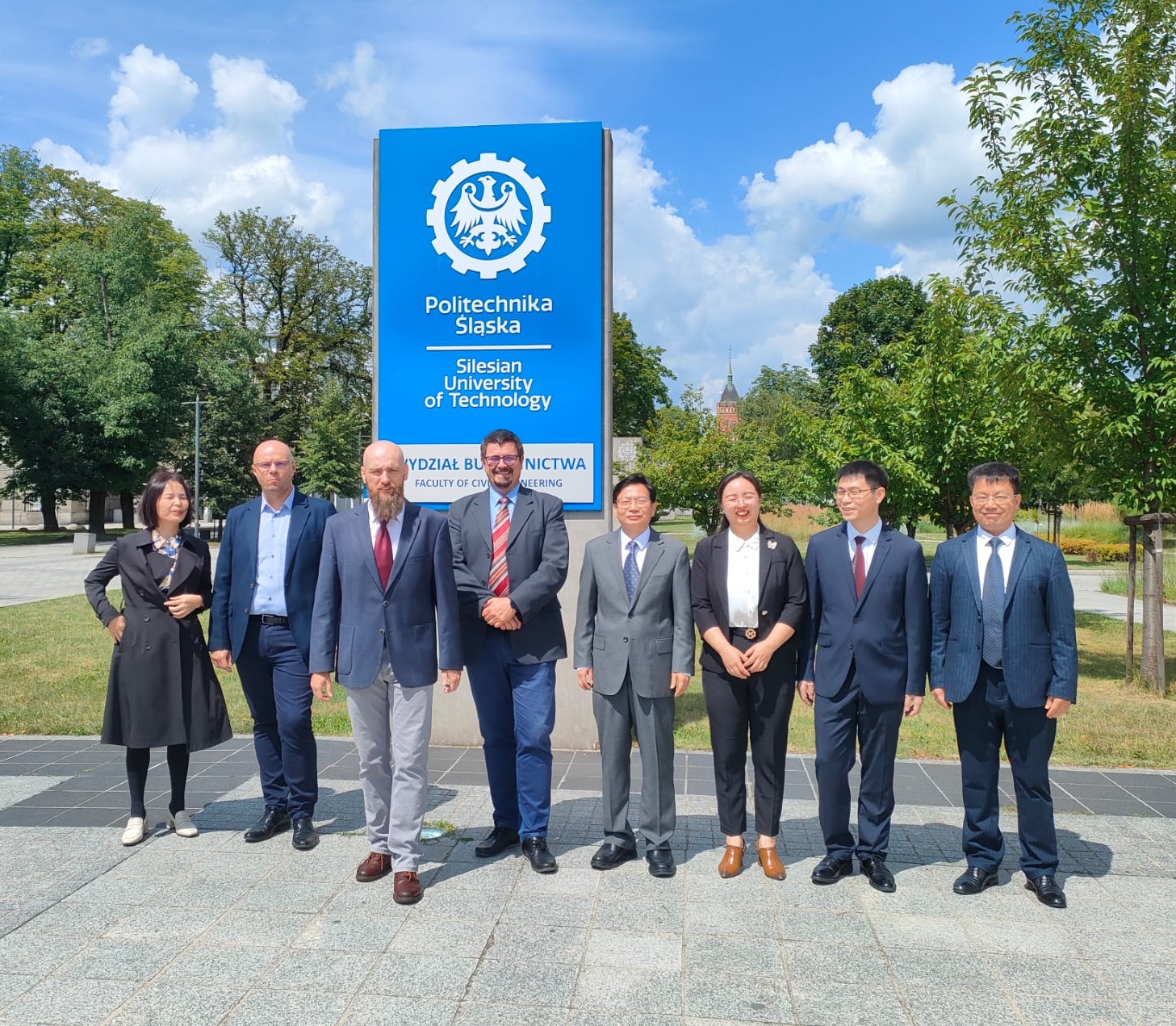

Więcej aktualności Mniej aktualności
Wydarzenia
Pokaż wszystkieWspółpraca:
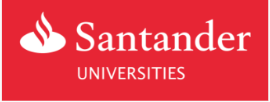
Santander Universidades to jeden z fundamentów społecznego zaangażowania Banku Zachodniego BZWBK oraz Grupy Santander.
Współpraca:

Santander Universidades to jeden z fundamentów społecznego zaangażowania Banku Zachodniego BZWBK oraz Grupy Santander.







